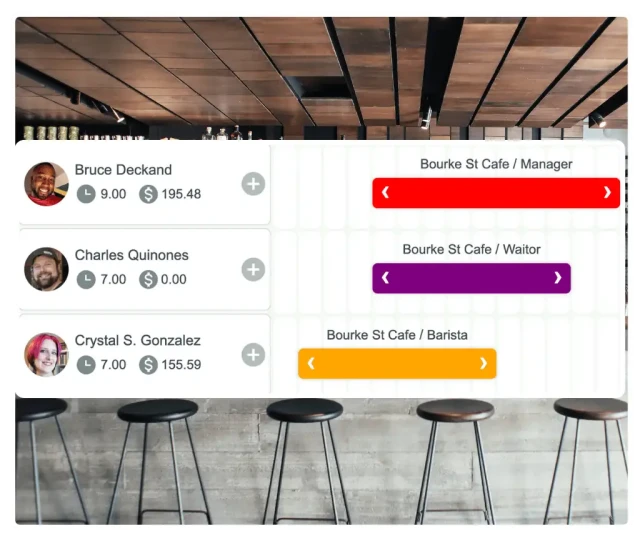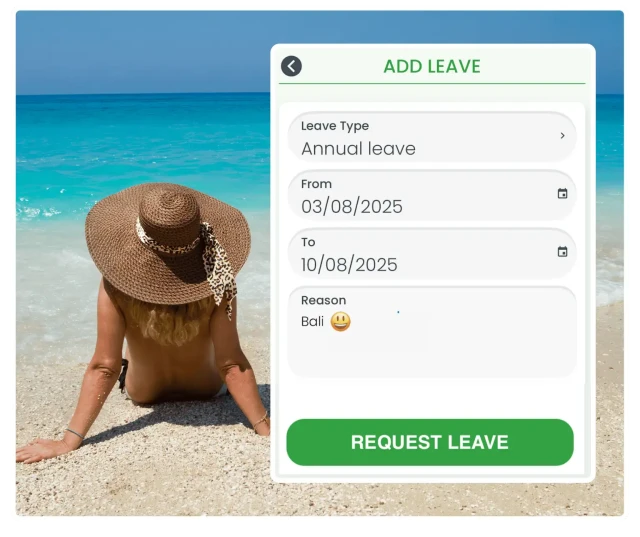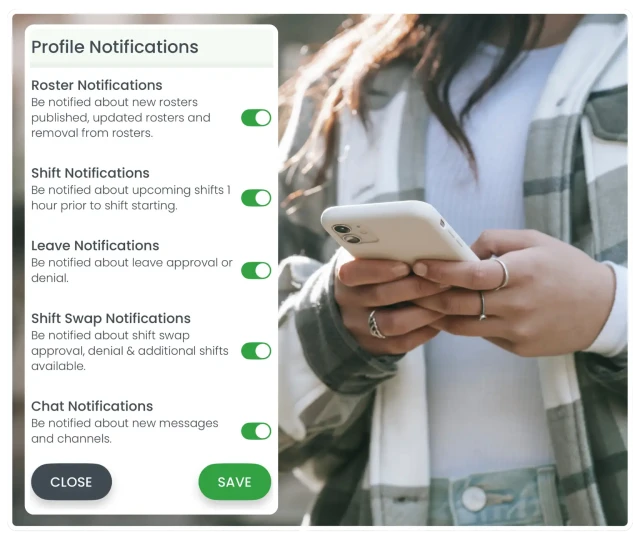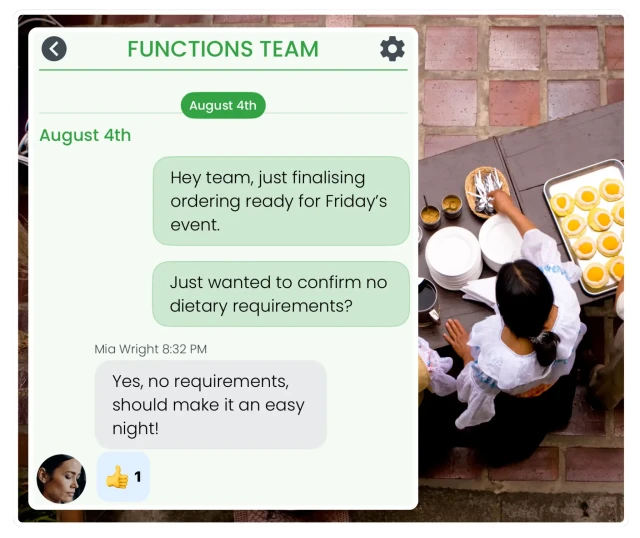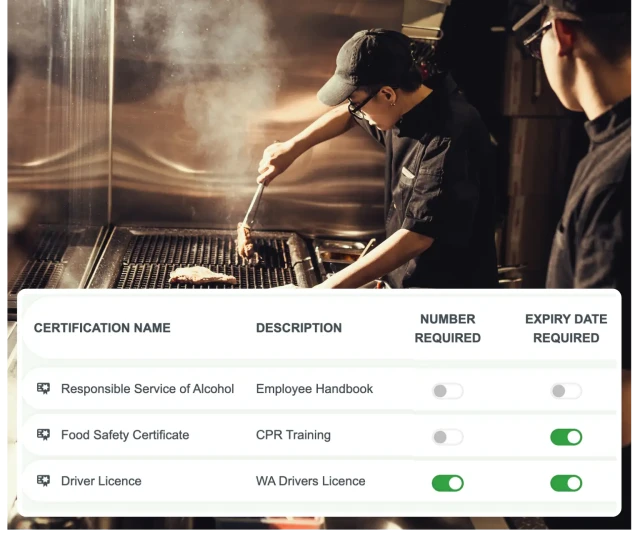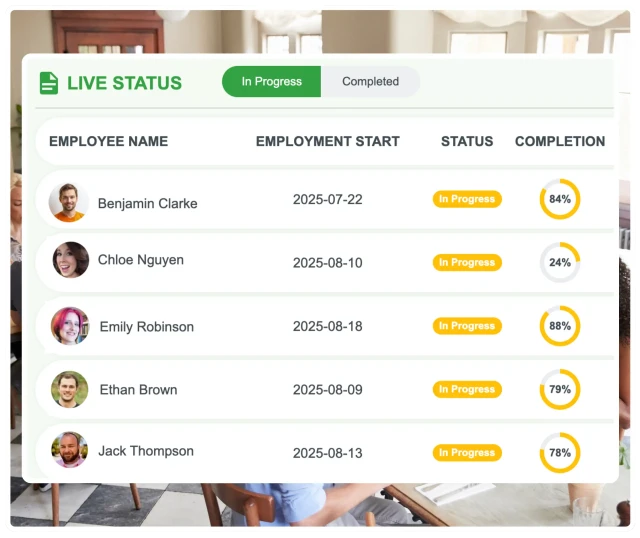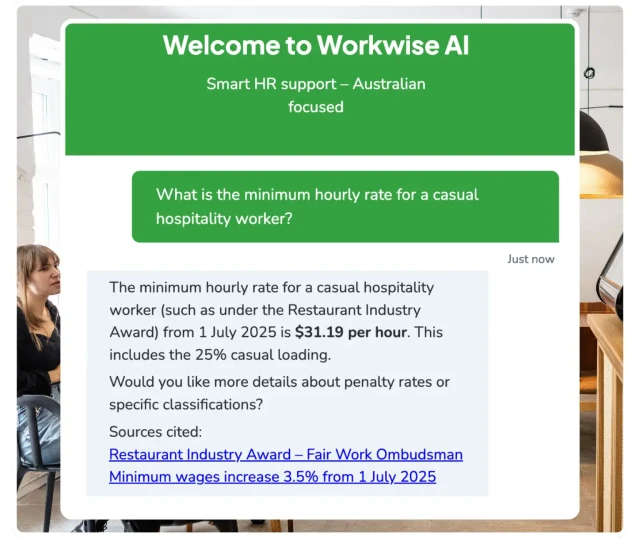Balance front‑of‑house sections and back‑of‑house stations with precise rostering and flexible scheduling.
RosterElf’s rostering tools let managers drag‑and‑drop shifts, apply live labour budgets, and template coverage for lunch, dinner, events, and split shifts—so line cooks, prep, grill, servers, bartenders, runners, and dish are in the right place at the right time. Include open/close checklists and multi‑venue views to keep service tight across patios, bars, and private dining.
